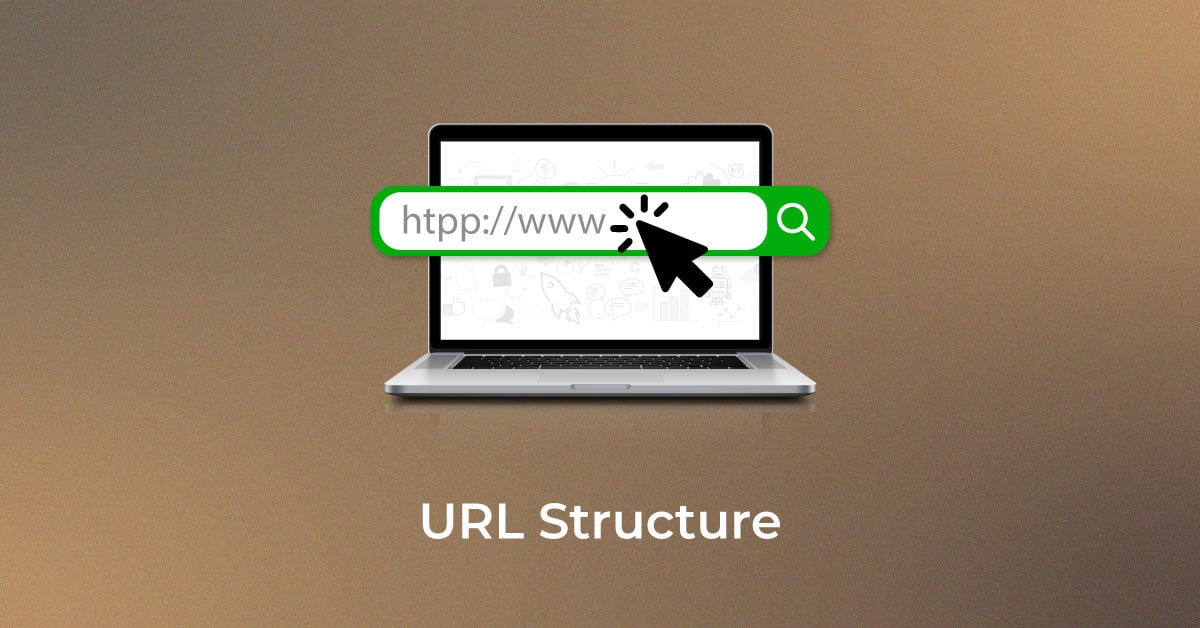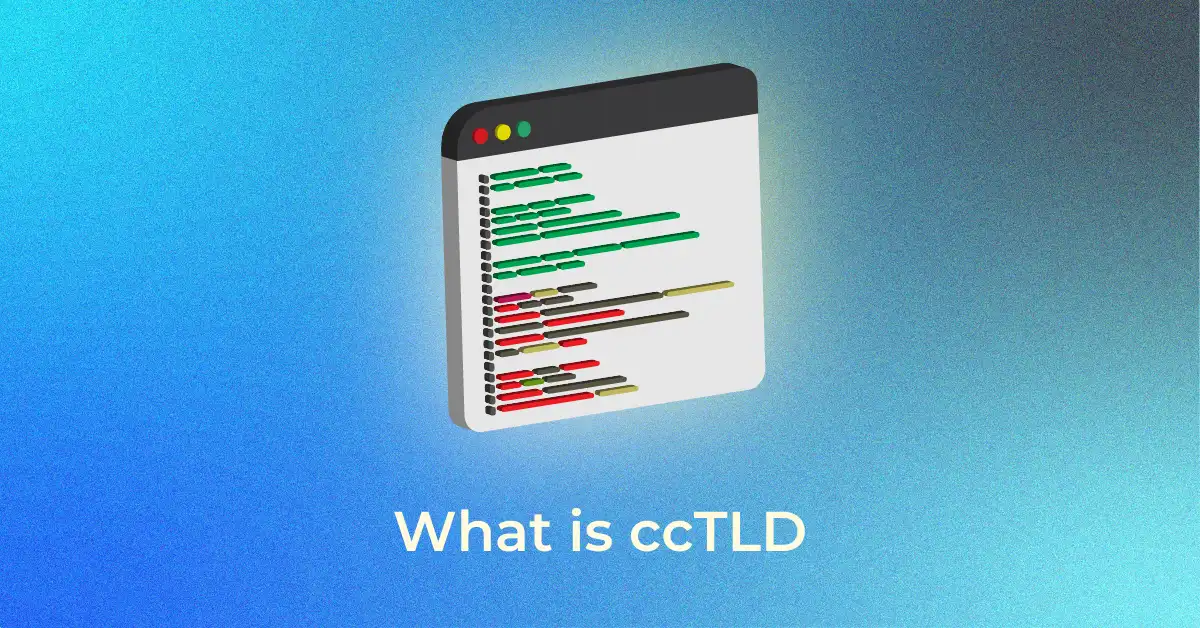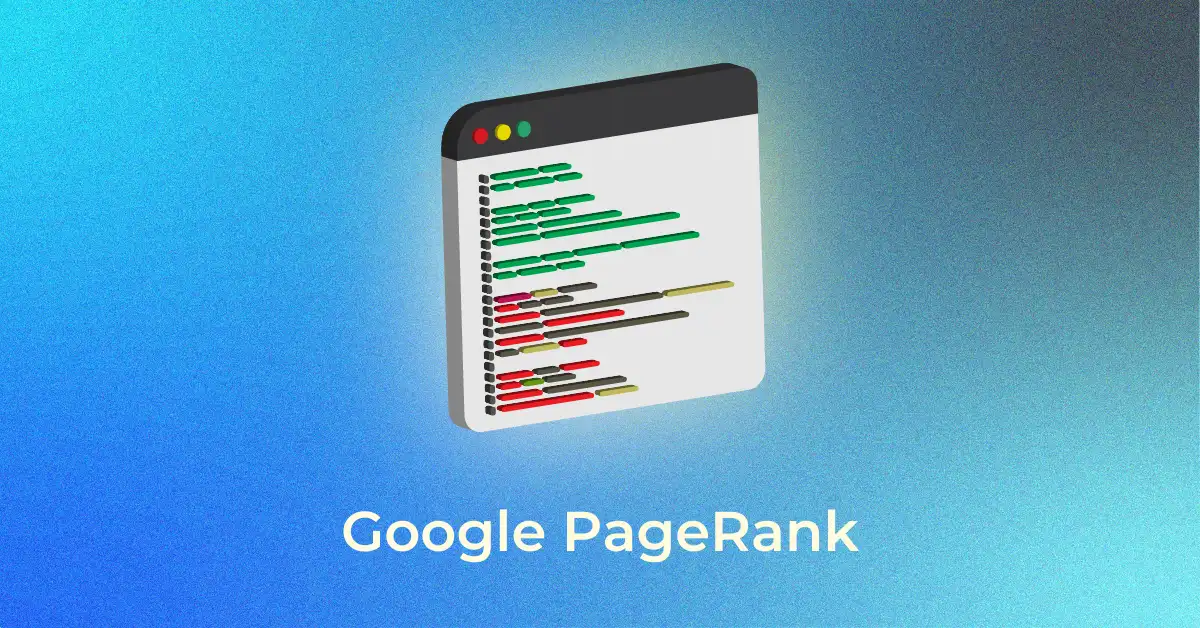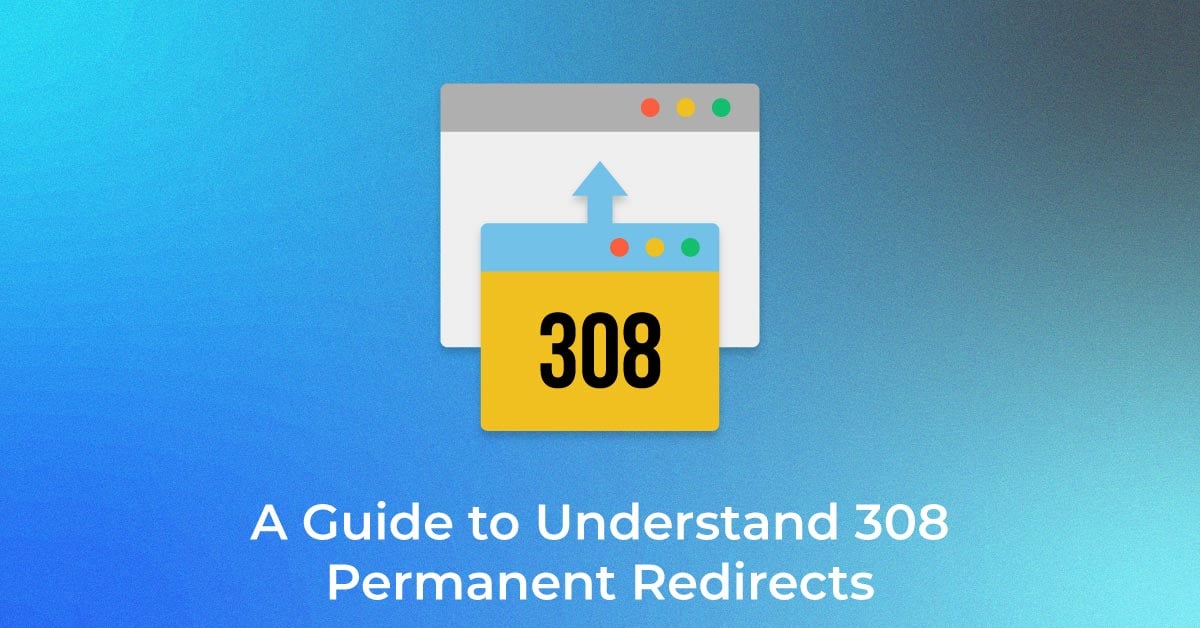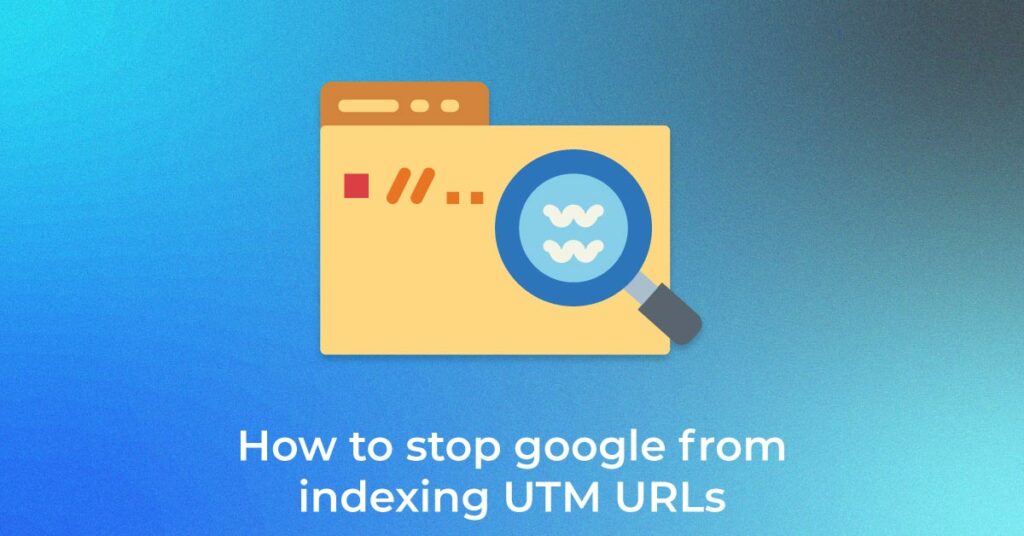Are your UTM Parameter URLs indexed by Google? Not sure what is the best solution going forward?
Brace yourselves! Google’s John Mueller talks about the best ways to deal with URLs that include UTM parameters.
Discussion regarding UTM Parameters
On Twitter, a user expressed her concerns with Google Search Console (GSC) showing her a bunch of UTM parameter URLs being indexed by Google. She asked whether Google Analytics(GA) would still track the data if these URL parameters were blocked in robots.txt.
This is the question:
“I have a technical question for you. It seems as though GSC is indexing a bunch of UTM URLs. If we exclude these UTM tails from the robots.txt file, will we still be able to use their tracking data in GA?”
John Mueller affirmed that Google Analytics will be able to track the data. He further went on to emphasize the best way to deal with UTM Parameters.
Here’s what he had to say:
“Sure! GA is based on what users do, and users don’t check the robots.txt (usually :-)). However, you could probably also encourage search to index the preferred URLs by using the rel-canonical and having clean internal linking.”
Make Use of Canonical Tags
Google’s John Mueller suggests using a rel=canonical tag on the pages with UTM parameters.
For example, if your preferred URL is “website.com/seo” and your UTM parameter URL is
“website.com/seo?utm_source=Google&utm_medium=CPC&utm_campaign=Generic&gclid=CjwKCAJwzOqKB”.
The canonical tag on your page with UTM parameters would be as follows:
<link rel=”canonical” href=”website.com/seo” />
It makes sense to use the canonical tag because you don’t want multiple versions of the same page competing in Google’s SERP. There’s also the possibility that Google will choose the incorrect URL as the canonical if no canonical tag is defined.
Clean Internal Linking
Using canonical tags alone isn’t enough at times. If there are links in your website that point to the UTM parameter URLs, Google might end up ignoring the canonical tags.
John Mueller emphasized on this in the same Twitter thread:
Canonicalization uses a number of factors (redirects, rel-canonical, internal/external links, sitemaps, more) — the more you can get them to align, the more likely your input will be followed.
— johnmu is not a chatbot yet 🐀 (@JohnMu)October 2, 2021
Therefore, you must have a clean internal linking structure in place with internal links pointing to the correct and preferred page URLs.
If required, do a quick SEO audit of all the UTM parameter URLs. Look for any pages that are pointing towards the URL parameter URLs by any chance. The main motive here is to align all your activities, to give Google clear indications of the preferred URLs.
Have you come across issues when dealing with UTM parameters? Do let us know which solution worked best for you in the comments section below.
Popular Searches
How useful was this post?
0 / 5. 0













